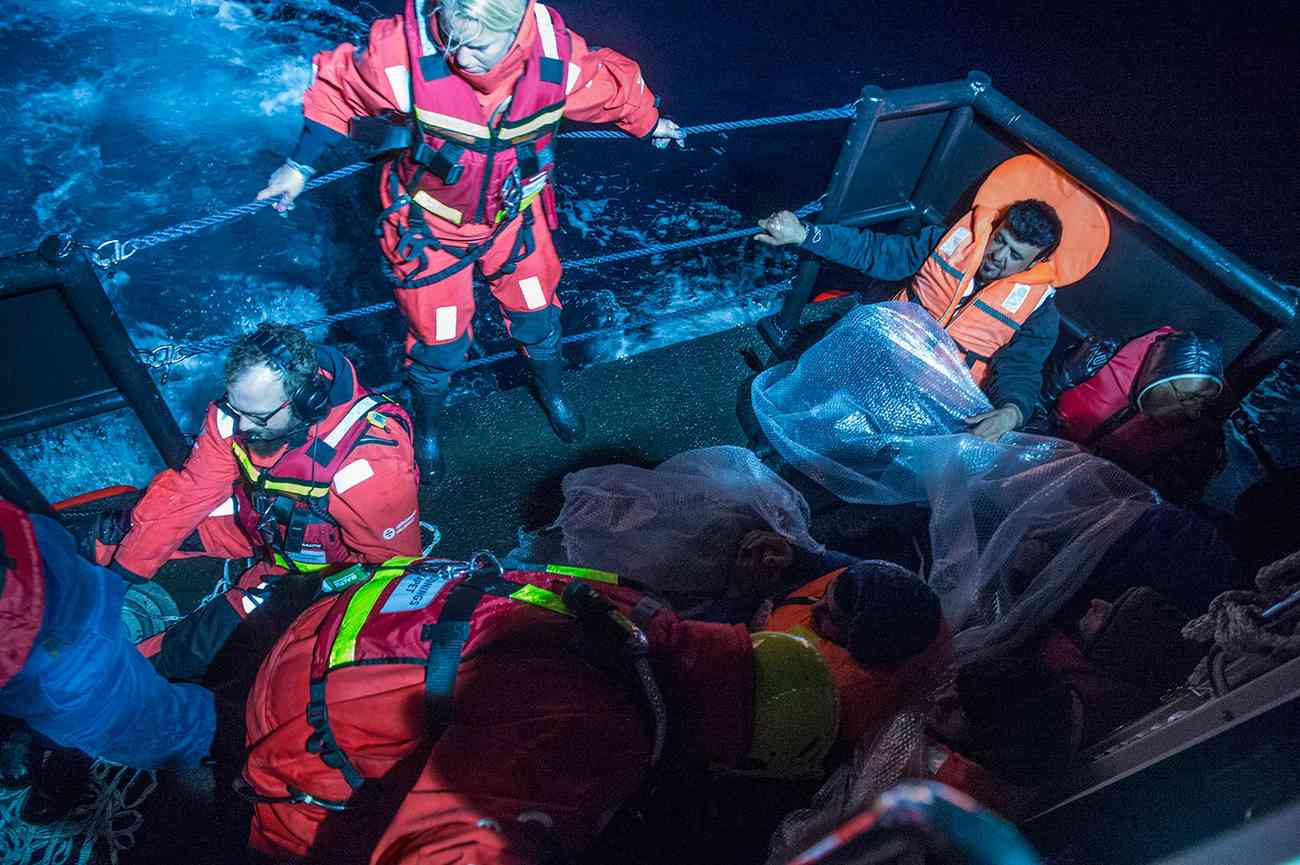Tonight (Thursday November 8th) we host a major public debate about the future of public service journalism so it was good to have the BBC’s Richard Sambrook as a warm-up act earlier this week. In a talk to students the Director of the BBC’s Global News Division gave some very thoughtful and frank answers to some tough questions. There’s no doubt that he believes that new media technologies offer more opportunities than threats.
Did he agree with BBC Foreign Editor John Simpson that programmes such as Newsnight who consult the viewers on their running order are like doctors who ask the patient what treatment they want? Well, no actually. Sambrook points out that it is actually good medical practice to involve the patient in their treatment and he wants journalists to do the same, he says:
I recognise that it is uncomfortable for journalists like John Simpson but the days when journalists are gatekeepers are ended. We don’t own the news, we must show more respect for the public. I always tell my journalists that on any given subject there are members of the public out there who will know more about it than we do.
Sambrook is optimistic about journalism’s power to make the world a better place. he believes the growth in international news services both at the BBC and from new competitors such as Aljazeera is a good thing. But he recognises that the journalism they provide depends on investment. He said:
New technology means it is cheaper and easier to cover stories such as Burma. But there is a danger of over-dependence on agencies such as Reuters and AP… In the past we have seen how accurate revelatory journalism like we saw in Ethipoia a few decades ago and recently in Darfur can mobilise public opinion… But we need to make sure that we allow the resources for what David Leigh has called ‘slow journalism’ or what we used to call current affairs journalism for that to happen.
More from Richard Sambrook at his excellent blog and more of that kind of debate when we gather Roger Bolton, Evan Davies (BBC Economics editor), Emily Bell (The Guardian) and Richard D North (author “Scrap The BBC”) to discuss The Future of Impartiality – is The Public Service Ethos Doomed? on Thursday November 8th at 6.30pm in the New Theatre, Houghton Street, London School of Economics. It’s free and you don’t need a ticket.




I also went to the John Simpson public lecture. It seems that the two editors have different approaches to news. What are their respective responsibilities? I mean, director of global news and editor of world affairs. In the news whose views get more realistically reflected on screen?
Hi Xu Zhu,
I am a regular critic of the BBC for some things, but one of its great strengths is that different people within the BBC are allowed to have different views. Richard is Director of Global News so would be unlikely to have any direct impact on the detail of what John Simpson reports as BBC World Editor. Conversely, when it comes to the strategy for the BBC overall, someone like Simpson is influential but the big decisions would be taken by people like Richard. And bear in mind, that Mr Sambrook is a journalist who has been there and done it as well as a senior manager. Overall, the kind of open debate they both indulged in is a sign of a healthy journalistic organisation.
Charlie Beckett
I am surprised John has such conservative views, I thought he would be one of the more forward looking journalists. His views are very elitist. Very, its this type of thinking that is leading people to switch off. Why are the old guard so averse to change?
I am glad to hear he wants journalists to stop acting as gatekeepers.
Hitler, Hearst, Rev. Moon, these are a few names in the game of journalistic gatekeeping.
Here in the UK I found journalists working hard to keep the stories about]
US infiltration and US extradition out of the public mind, so much so that the Independent scrubbed a story they asked me for many times – the Ian Norris interview. I got visits from angry expats with and intel agents – just one example of how the UK press does not give you “all the news that’s fit to print”.
As to the BBC, they are still unhappy with me for calling them about the Jane Standley performance on 9/11 – when she stood in front of WTC 7 at 5 pm EST and announced the buidling had fallen and why – when clearly it had not. It then did so 20 minutes later. Richard Porter of the BBC White City called me and told me it would not be wise to let her speak directly to the public about it.
Maybe Richard Sambrook would like to comment?